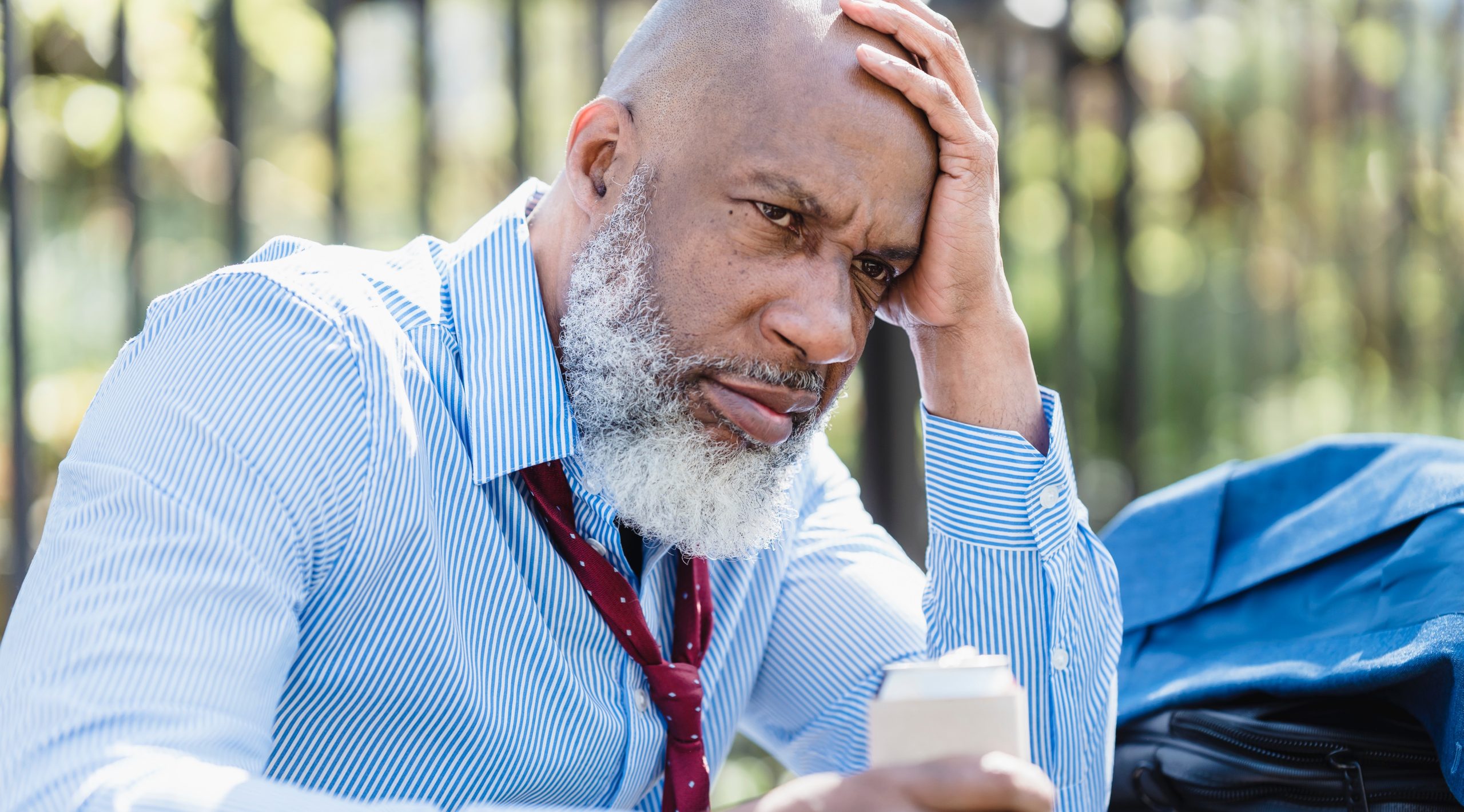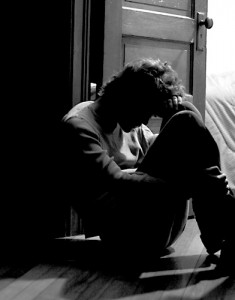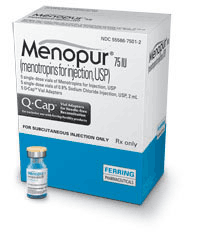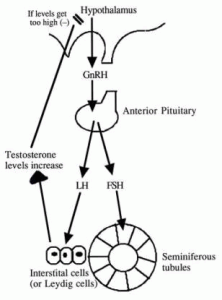What Causes Low-T? Why Do I Have Low Testosterone?
In this article, we will explore the potential causes of low testosterone, ranging from genetic factors to environmental influences and lifestyle choices.
Age
Testosterone levels naturally decline as men age. Studies have shown that testosterone levels decrease by approximately 1% per year after the age of 30. This gradual decline is a normal part of the aging process and may be responsible for some of the symptoms associated with "male menopause" or andropause.
Genetic Factors
Some men may have a genetic predisposition to low testosterone levels. For example, Klinefelter Syndrome, a genetic disorder affecting approximately 1 in 500-1,000 men, is characterized by the presence of an extra X chromosome and can result in low testosterone production.
Environmental Factors
Exposure to certain environmental toxins, such as pesticides and heavy metals, can disrupt hormone production and contribute to low testosterone levels. A study published in the journal Human Reproduction Update found that exposure to endocrine-disrupting chemicals (EDCs) could adversely affect male reproductive health, including reduced testosterone levels.
Drug Abuse
The abuse of certain drugs, such as opioids and anabolic steroids, can negatively impact testosterone production. Long-term opioid use has been shown to suppress the hypothalamic-pituitary-gonadal axis, leading to decreased testosterone levels. Similarly, anabolic steroid abuse can suppress the body's natural testosterone production, resulting in low testosterone levels once steroid use is discontinued.
Estrogen
Elevated estrogen levels can suppress testosterone production in men. Aromatase, an enzyme responsible for converting testosterone into estrogen, can be overactive in some individuals, leading to an imbalance in hormone levels. Certain medications, such as aromatase inhibitors, can help address this issue by reducing estrogen production and supporting healthy testosterone levels.
Diet
A poor diet, particularly one high in processed foods and low in essential nutrients, can negatively impact testosterone levels. Research has shown that diets rich in healthy fats, such as monounsaturated and polyunsaturated fats found in olive oil, nuts, and fish, can support optimal testosterone production. Additionally, ensuring adequate intake of key nutrients, such as zinc and vitamin D, is essential for maintaining healthy testosterone levels.
Weight
Carrying excess body weight, particularly in the form of visceral fat, can negatively affect testosterone levels. A study published in the journal Clinical Endocrinology found that obese men had significantly lower testosterone levels compared to their non-obese counterparts. Losing weight through a combination of healthy diet and regular exercise can help improve hormone balance and support optimal testosterone production.
Low testosterone levels can result from a variety of factors, including age, genetics, environmental exposure, drug abuse, estrogen levels, diet, and weight. Understanding these potential causes can help individuals make informed decisions about how to address their low testosterone levels and improve overall hormonal health. If you suspect you have low testosterone, it is essential to consult a healthcare professional for a proper evaluation and guidance on the most appropriate course of action.


 It has been a long, hard, six-month road of trying to get my natural testosterone production back up. I've tried several
It has been a long, hard, six-month road of trying to get my natural testosterone production back up. I've tried several 



 As I posted before, I have secondary hypogonadism. Read
As I posted before, I have secondary hypogonadism. Read 
